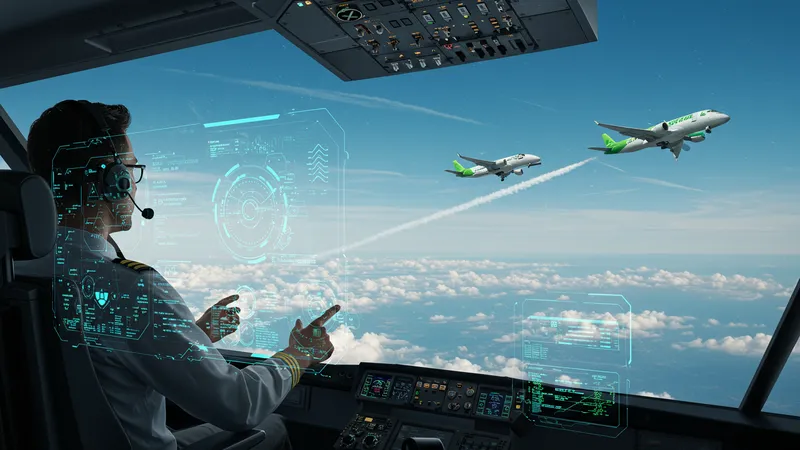
Wanna Know How Pilot Careers Offer Exciting Opportunities
The Future of Aviation: Opportunities and Challenges
The future of aviation holds promising opportunities and notable challenges. Technological advances are transforming everything from cockpit designs to air traffic control, creating a future where artificial intelligence and pilots work hand-in-hand. This evolution prompts a new wave of aviators trained to tackle the challenges of tomorrow.

Environmental concerns are driving changes as well. Airlines are investing heavily in sustainable practices, with pilots at the forefront of adopting eco-friendly flight paths and new fuel-efficient aircraft. This commitment to sustainability not only benefits the planet but also transforms how pilots carry out their duties.
Yet, as the industry advances, it requires increased diversity. Initiatives to welcome more women and minorities into pilot roles are crucial for a more representative and empathetic workforce. These inclusivity measures promise to bring fresh perspectives and innovation to the skies.
The challenges remain, but they are met with resilience and adaptability. As pilots navigate these turbulences, they redefine what it means to lead in the aviation sector. What lies ahead is a new world, and the potential is limitless. But there’s still one more aspect that could redefine your understanding completely…





